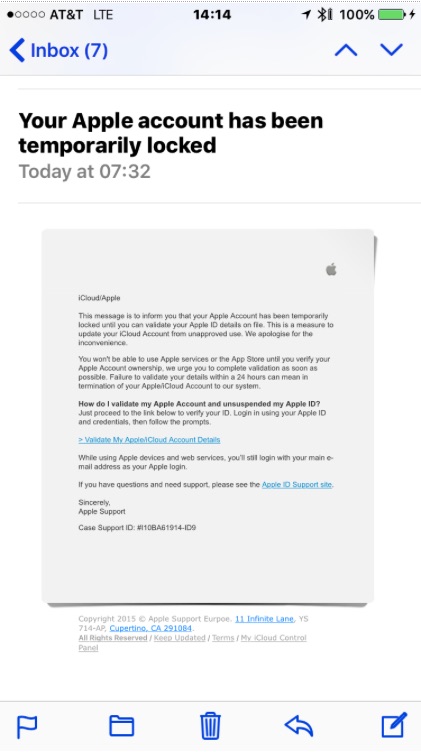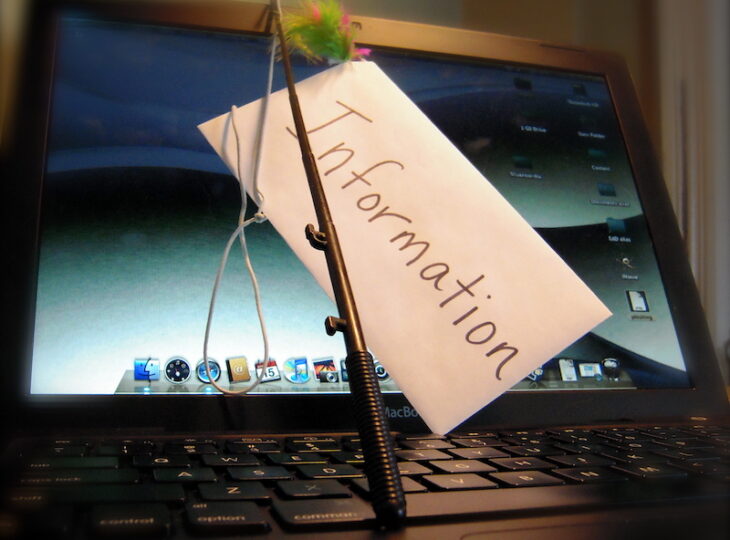Podcast: Play in new window | Embed
Brian in Nashville, Tennessee listens on WTN 99.7 FM and sent us a question about Android
Brian asked: “I’ve built computers for years. I’m not really big on the Android phone systems yet, but I use a Jellybean phone, LG, and I’ve been trying to figure out why I’ve been having so many issues, the more and more updates come with the new Android systems. Trying to figure out if the apps are not being supported by the older systems.”
Android has a problem when it comes to updates, except for Nexus devices every other phone has to go through a multistep process before it reaches the consumer. First Google puts out an update, then it goes to manufacturers, they customize it, then it goes to carriers, they customize it, then it gets released.
This is bad because Google won’t support every phone, out of the ones they will, the manufacturer won’t support every one of their own phones, of the ones left, carrier won’t support phones that weren’t too popular with their customers. The problem with this isn’t just that your particular phone may not get updated, it’s that a lot of them don’t, which means they’re creating an extremely fragmented Android ecosystem where not all devices are compatible with all of the internal tools apps used to do what they do.
Over time that means that developers have to choose, and older phones (even if they’re not that old) get left behind
Over time that means that developers have to choose, and older phones (even if they’re not that old) get left behind because more and more generations that work differently start coming out, and supporting those devices may become more important than finding a hack to keep the old ones running too, especially if that hack starts getting in the way of keeping things running smoothly on newer devices. So, basically… you’re right. Apps just aren’t focused on older operating systems once those operating systems get old enough.
Jelly Bean was released in 2012, it hasn’t been updated since late 2013, and though it‘s been just about 2 years and a few months since it was last updated, it’s already been succeeded by KitKat, Lollipop, and now Marshmallow is out. A normal person would say less than 3 years makes it relatively new, Google seems to disagree and think that Jelly Bean is sitting on the dirt, rubbing sticks together to make a fire, and we should forget about it. That makes supporting it much harder.
Unfortunately for you, the only real way around that problem is to move up to a newer operating system, or to learn to deal with your current one becoming less and less able to be a playground for newer software.
Apple does exactly the same thing
Normally, this is where one of our iPhonies would pipe up and tell you how much better it is on Apple’s side of the street, but the reality is that Apple does exactly the same thing. iPhone users are presently on version 9.2.1 of iOS. If you want to try Apple’s streaming music service, and you have an operating system from early last year, you can’t.
And when you update a phone, if you don’t like the new OS and you try and restore from one of your backups in iTunes, you can’t do that, either. Once a phone has a newer version of iOS on it, Apple won’t let you restore an older version. (Now, to be 100% accurate, there are third party workarounds for this, but nothing that Apple endorses or will assist you with.)
The bottom line is that both Google and Apple expect that you’ll download every single upgrade when it becomes available. With Apple, that’s easy because all updates come from them. With Google, however, you get Android filtered through your phone manufacturer and your wireless carrier first. With either system, though, leaving well enough alone isn’t an option.
If you should decide that you no longer want to upgrade your operating system, you should stop updating your apps at the same time, so you don’t lose apps as they start requiring the new OS to run.
Sean in Redmond, Oregon called in to help other listeners avoid falling a phishing email
Sean said: “Hello Dave, normally I would send you an audio message however I’m sending a screenshot of a phishing email claiming to be from Apple that people should be warned about. It basically says my account has been temporarily locked and needs attention. By attention they mean they want all my info. Apple ID password and credit card information. It even gives a link to a website to voluntarily furnish this information and have my identity stolen , I don’t think so! I’m afraid there will be lots of people to take the bait and be hooked like a fish as they are phishing for information. I’m just trying to spread the word to keep anyone from biting. Pun intended.”
Thank you, Sean!
Here is the screenshot we got from Sean:

It’s even coming from the division of Apple that deal with everyone’s favorite content “Eurpoe,” in case you needed it to be even less credible.


